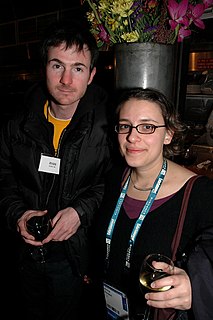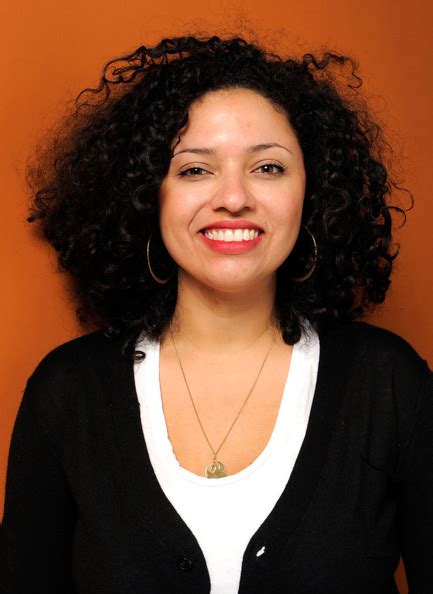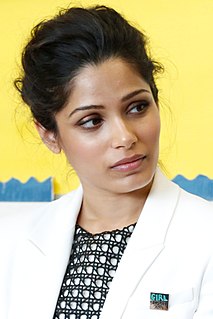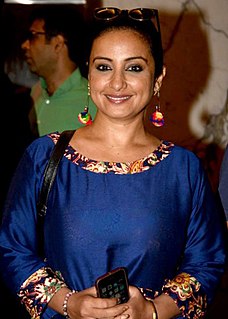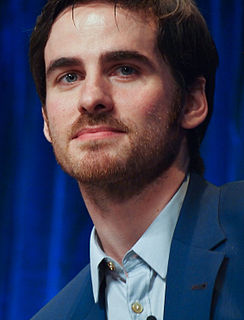A Quote by Daniel Craig
You know, I think the film business is its own worst enemy, because it sells movies on 'behind the scenes' footage. It's seeing the secrets of how the movies are made, and now it's a real struggle trying to keep storylines and plots a secret.
Related Quotes
The earliest influence on me was the movies of the thirties when I was growing up. Those were stories. If you look at them now, you see the development of character and the twists of plot; but essentially they told stories. My mother didn't go to the movies because of a religious promise she made early in her life, and I used to go to movies and come home and tell her the plots of those old Warner Brothers/James Cagney movies, the old romantic love stories. Through these movies that had real characters, I absorbed drama, sense of pacing, and plot.
I think movies say a lot [about real life], even more than theater. It says a lot about the invisible, that movies are so fascinating. The camera lens is like a microscope that goes beyond the surface. It's like you're exploring a secret, so you explore the director's secret, you explore the actor's secret, and therefore you explore the universe's secrets.
Because I didn't go to film school, I had a collection of books that were inspiring or taught me how to make movies, shorts with my friends back in Brooklyn, and one of those books was How I Made a Hundred Movies in Hollywood and Never Lost a Dime which is Roger's autobiography. After reading that, I realized that oh my God, this guy is behind all my favorite Pam Grier movies. Oh my God, he made the Vincent Price Poe films that ran on television when I was little. He did Grand Theft Auto. He made Death Race 2000.
When you're doing a film and the majority of the film is cast black, for me, it's most important to get people to view those movies as just movies, as just good movies. At the end of the day, regardless of the color of the cast, we're all doing the same thing in this business: trying to make a good film.
I think the reason why I haven't done a film in India so far is because I haven't found a script that's completely gotten my attention and made me passionate to get it made. I keep saying I'm not at all famous in my own country, because people do not think I have done anything for India. The reason why I'm making movies outside my country, bit by bit, is to be able to come back to India equipped with the knowledge and understanding of how to hopefully produce my own films one fine day.
I made a body of work, which was like trying to make movies on a wall and was made up of all different images and materials. I had the aspiration to make movies because I thought that was the cycle. I had this insane egomaniac idea that I could make movies because I made these gigantic art projects.
I could never be a part of an adaptation of a film where there's pressure to not disappoint the immense fan base. In those cases, they often wind up with filmed books on tape, quite uncinematic. Having said that, I'd say all the adaptations I've done are quite faithful to the original... You have to pick and choose which storylines and plot threads, because you don't have the time to kill in the film as they have in novels. All those pages with detours and plots and different storylines. But films add a lot, and you gotta keep it moving.

